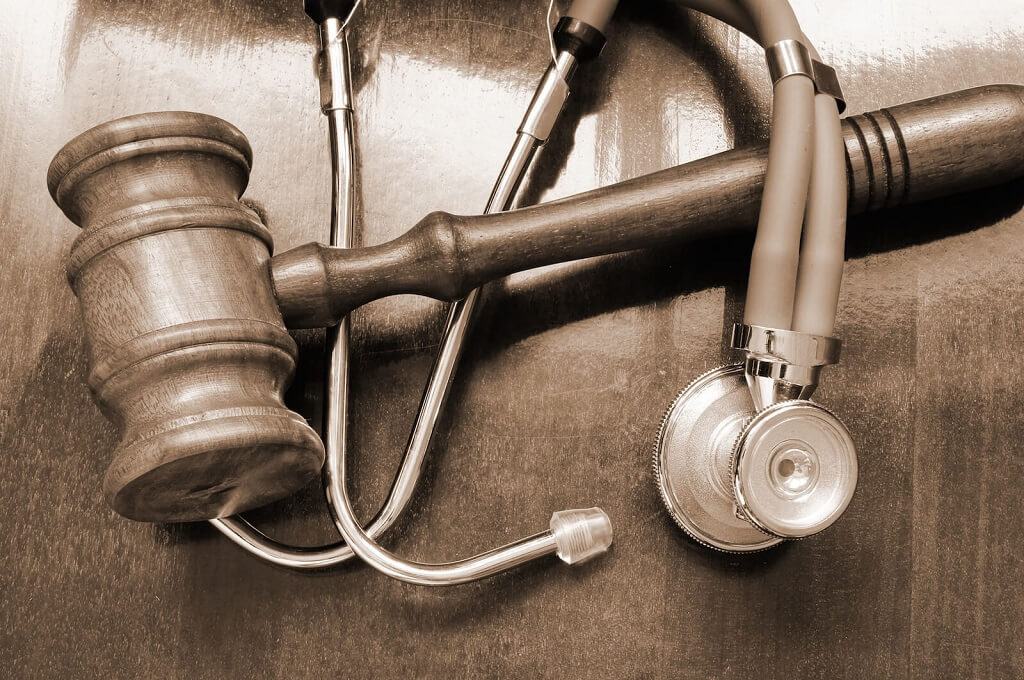Patient Advice: Understanding And Preventing Medical Malpractice

10% of all hospital deaths in the United States are due to hospital error, a study from Johns Hopkins Medicine reveals. In fact, medical error is the third highest cause of death across the country. Medical negligence can happen at any stage of your medical care from your first doctor's appointment and diagnosis through to your surgery and aftercare. As a patient, being aware of the risk of medical negligence and actively working to help prevent it can better ensure your treatment is successful.
Defining medical negligence
Medical malpractice is when a health care provider delivers substandard treatment that causes patient injury or death. It usually involves a medical error. Malpractice takes various forms, including: failure to diagnose or incorrect diagnosis; incorrect or lack of correct testing; wrong medication or dosage; surgical error; poor follow-up or aftercare; and premature discharge. Medical professionals are legally bound to uphold set standards and deliver patient care in line with these standards. If they fail to do so, they may be found guilty of negligence. However, it's not enough for a patient to simply be unhappy with the results of their treatment; for it to be considered malpractice, tangible harm or injury must have been directly caused, which results in significant, life-altering consequences.
How much compensation is awarded?
Filing a medical malpractice lawsuit requires the expertise of an experienced, board-certified lawyer who can ultimately help prove medical negligence occurred during your treatment. After the trial, the judge decides on the amount of compensation that should be awarded. A number of factors influence the specific financial compensation involved in hospital negligence settlements. For example, severely injured patients now disabled or requiring extensive medical care will receive a higher settlement than patients who recover from their injuries. The cost of resulting medical expenses also play a part with higher expenses resulting in increased compensation. Additionally, emotional suffering and physical pain are taken into account. This in turn impacts quality of life, behavior, relationships, and the ability to work and patients who experience significant hardship will be awarded higher amounts.
Avoiding medical malpractice: tips for patients
Maintaining a proactive attitude to your medical care and acting as your own advocate will put you in a good position to help spot and prevent any mistakes your medical provider may make. So, take time to learn as much as you can about your condition and all suggested treatments or medications. You'll then be ready to ask thorough questions and catch inconsistencies (it helps to bring a supportive family member along to appointments). It's also important to give your medical team as much detail as possible about your condition, including your symptoms, full medical history, current medications, allergies, and genetic history. They need a holistic and clear picture in order to diagnose and treat you correctly. Always ask questions if you're unsure about something.
Experiencing medical negligence is a risk all patients face. By being proactive about your medical care and acting as your own advocate, you can better ensure mistakes and negligence are avoided.
839GYLCCC1992



Leave a Reply